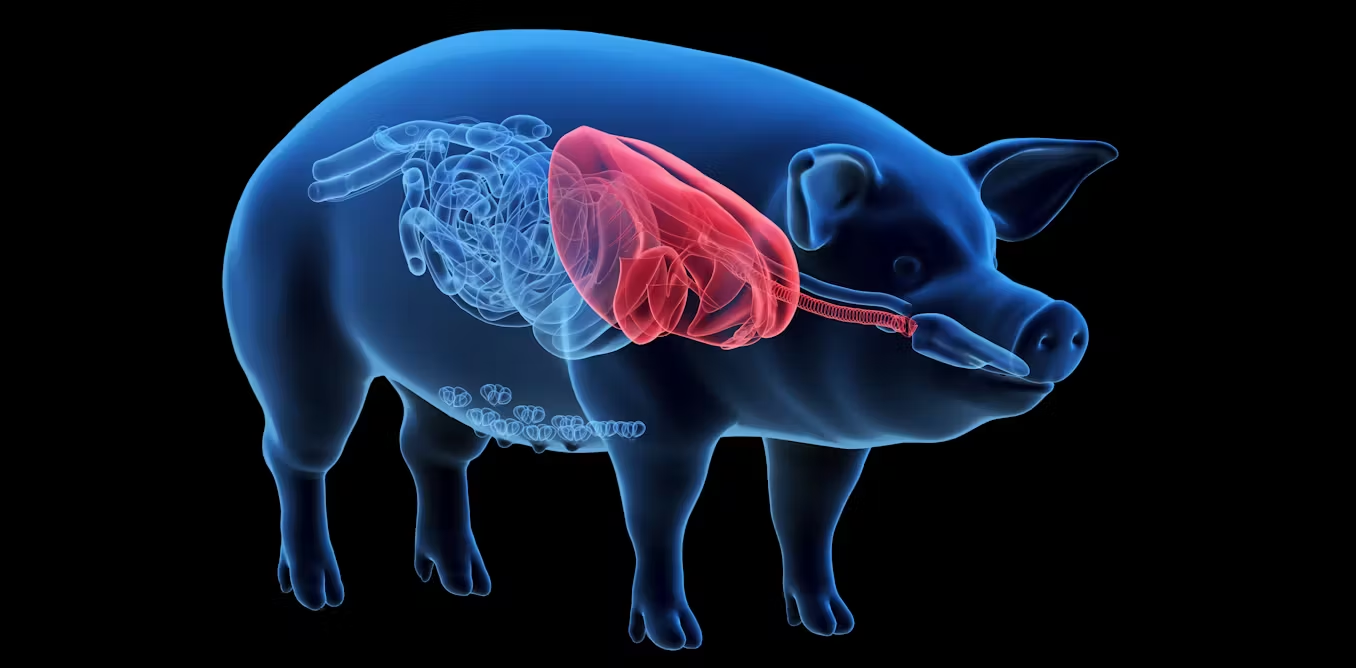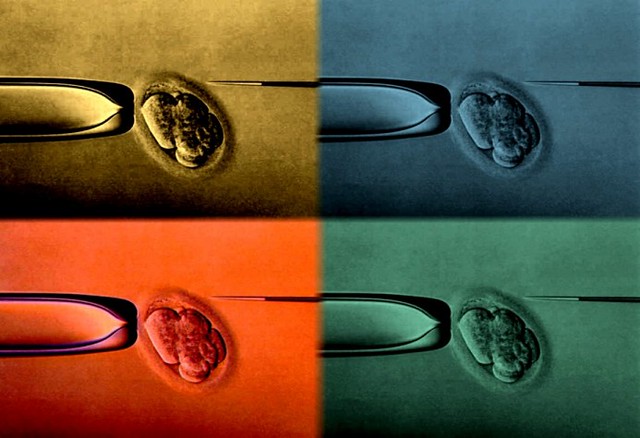
Xenotransplantation: and the pig?
Xenotransplantation in humans is the subject of one announcement after another. This involves transplanting an organ or tissue from a genetically modified animal into a human, to alleviate the shortage of human organs. The “new genomic techniques” are used to genetically modify donor animals. Does the use of these techniques raise new questions of animal ethics?

The European Patent Office outlines a fragile ethical frontier
In September 2024, the European Patent Office (EPO) refused a patent for human-pig chimeras on the basis of the ethical rules governing patentability in biotechnology. By invoking the protection of “human dignity”, the EPO is drawing a sometimes fluctuating line between innovation and respect for fundamental values. This decision sets a – perhaps fragile – precedent for inventions affecting human identity, and highlights the complexity of an ethical framework in the era of unbridled biotechnology.

